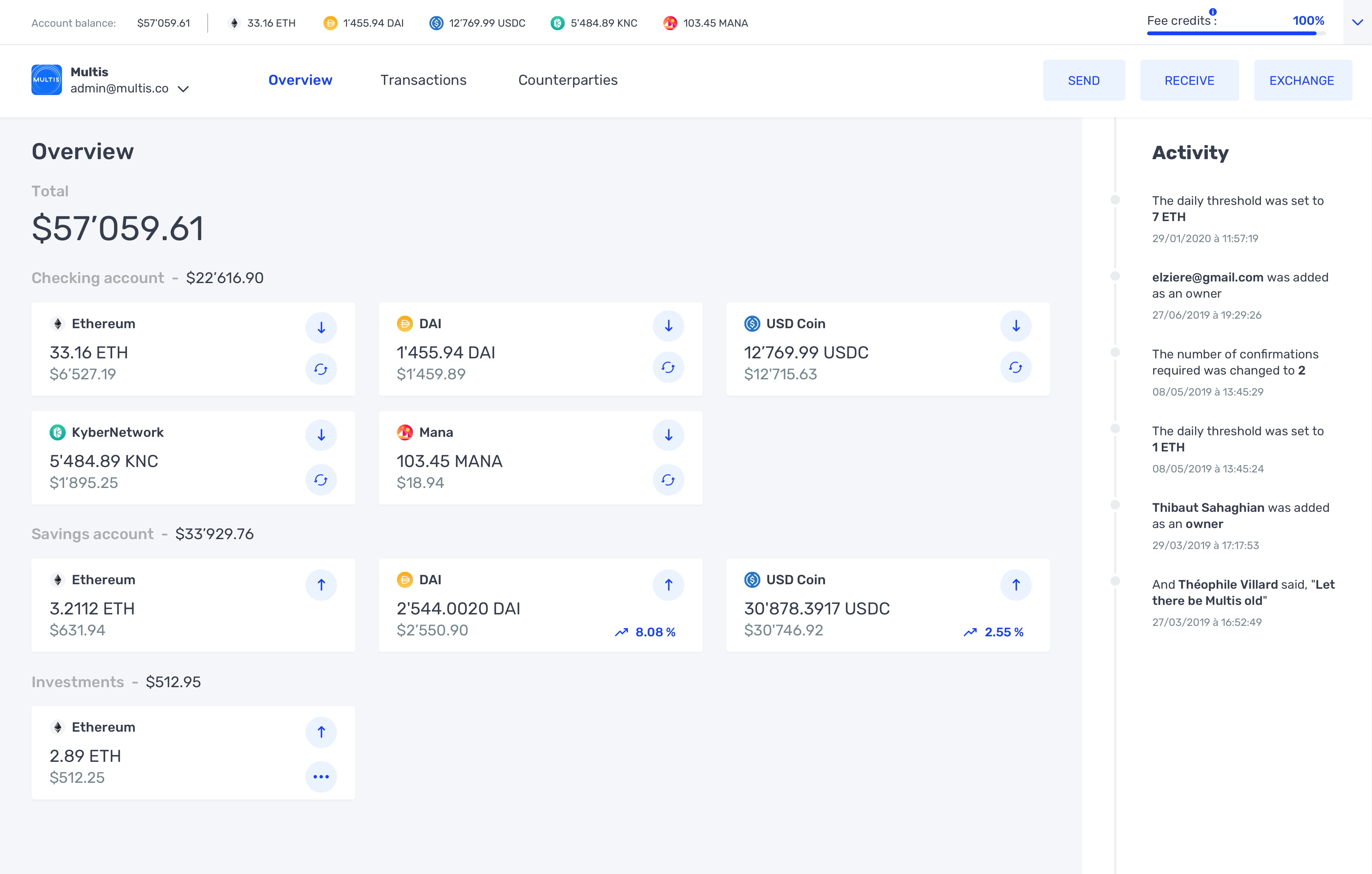With lockdowns around the world, the COVID-19 pandemic has hit the travel industry especially hard. In Asia, however, several startups are adapting by focusing on domestic activities (or “staycations”) instead of international travel. They include Taipei-based KKday, which announced today that it has closed a $75 million Series C led by Cool Japan Fund and the National Development Fund of Taiwan. Existing investors Monk’s Hill Ventures and MindWorks Capital also returned for the round.
Founded in 2014, KKDay will use its new funding on Rezio, a booking management platform it began piloting in March, starting with Japan and Taiwan.
Created for tour operators and activity providers, especially those who previously operated mostly offline, Rezio can help reduce operational costs by allowing its users to set up a booking website that works with different payment gateways and manage availability by tracking bookings from different channels. The latter is especially important during the pandemic because many venues have set up capacity limits.
The company says that Rezio has served over 150,000 customers so far, and will be launched in more Asian markets with its Series C funding. KKDay currently has more than five million users on its platform, and has hosted more than 30,000 tours and other activities so far in 92 countries.
In May 2020, the company began seeing more demand for local travel in Japan, Taiwan and Hong Kong. This parallels Klook, which also saw an increase in demand for “staycations” bookings that helped it recover after its business was hurt during the early stages of the pandemic in Asia.
In a statement, Cool Japan Fund managing director Kazushi Sano said his firm invested in KKDay because “we believe that KKDay’s strong execution and innovative mindset will drive the tourism industry in Japan even under adverse conditions.”


